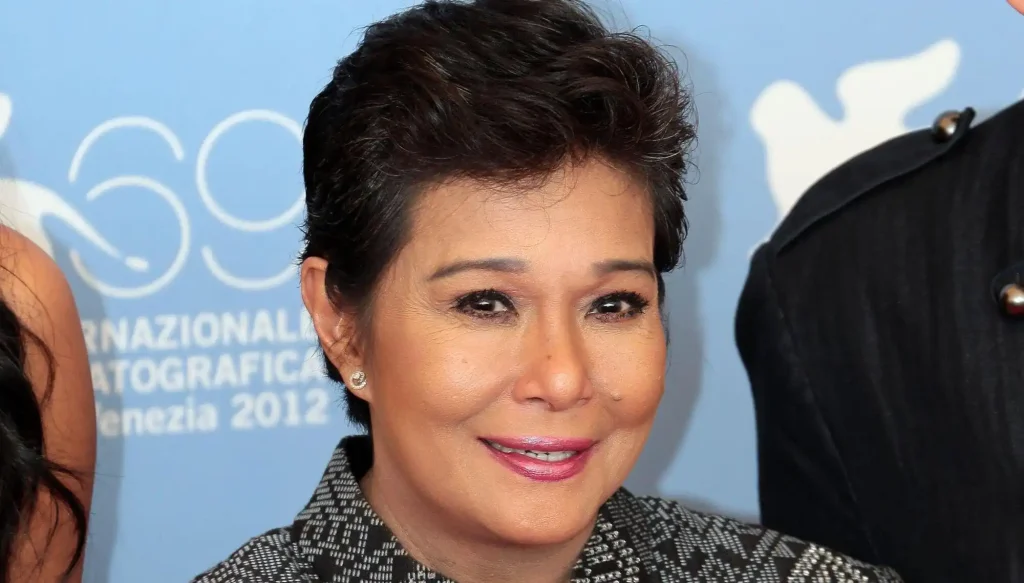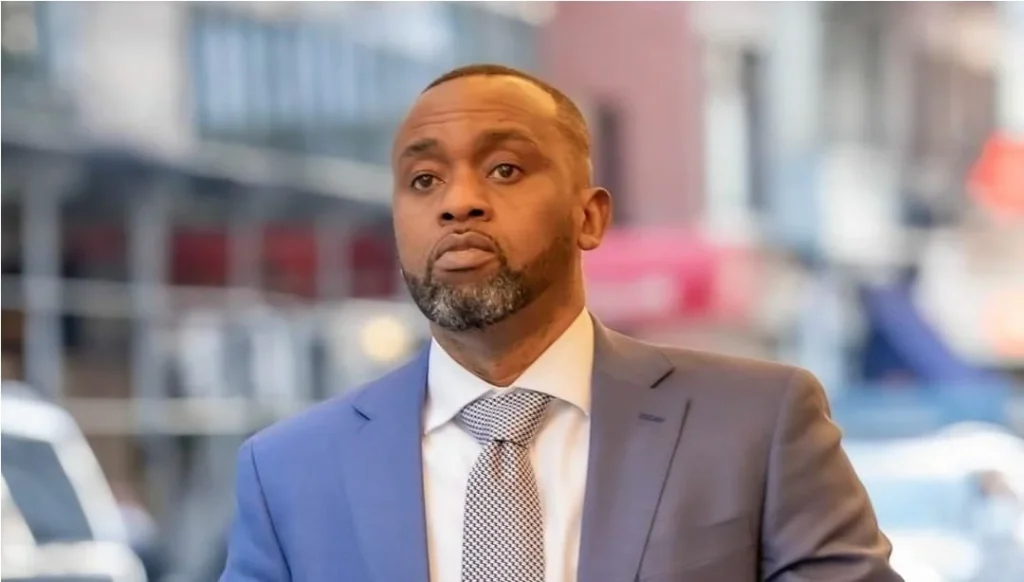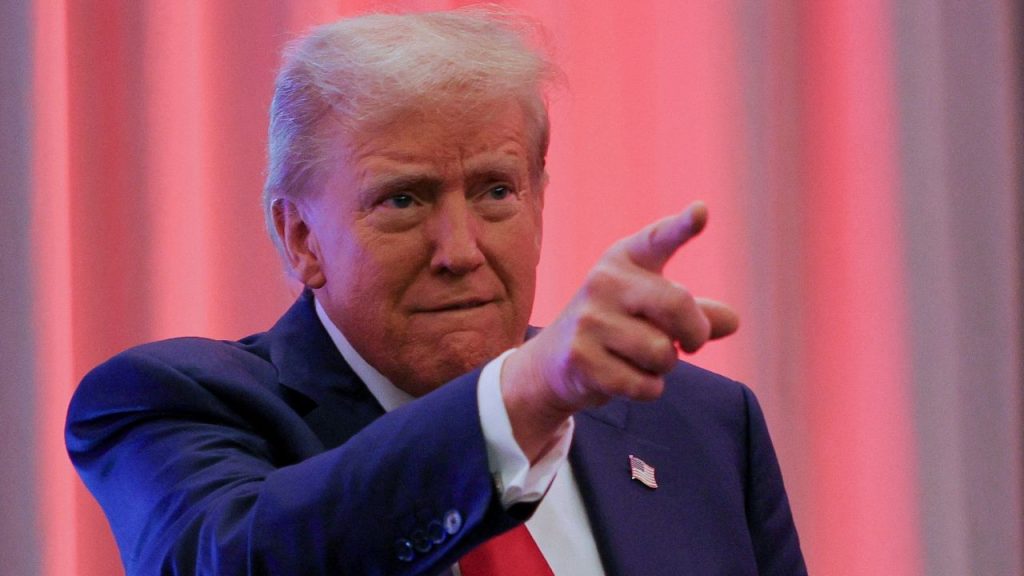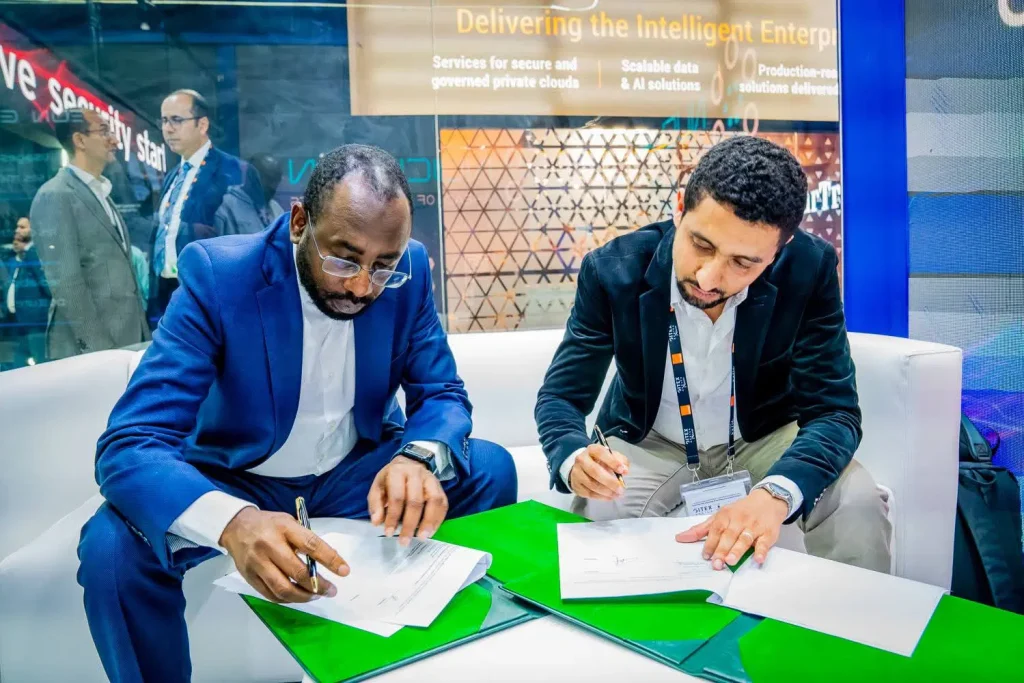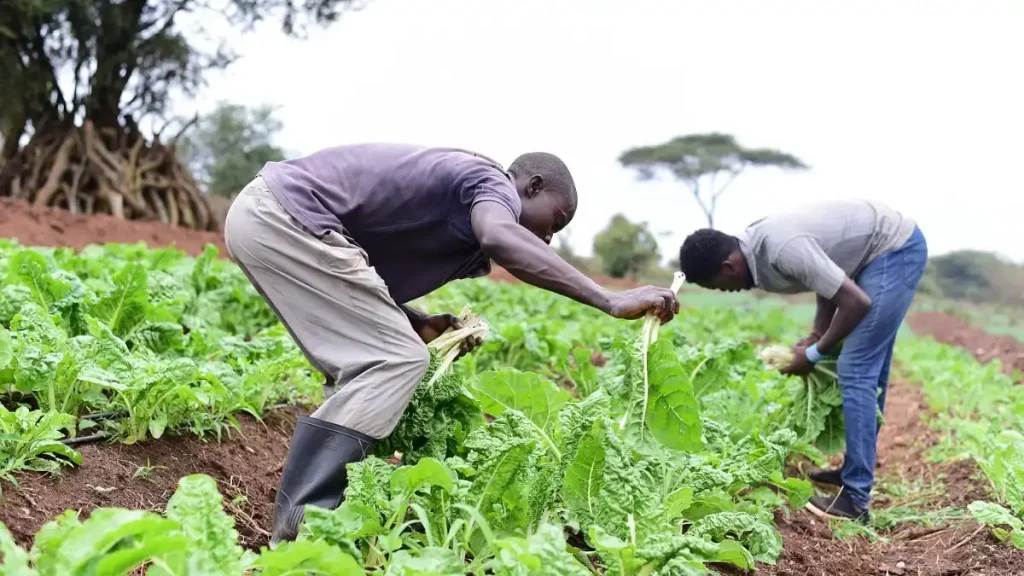Background of the Case
Olutobi Ogunbawo, a 43-year-old Nigerian, had his deportation from the United Kingdom overturned by a UK upper tribunal after the court found that earlier claims about the unavailability of in vitro fertilisation (IVF) treatment in Nigeria were unfounded. Ogunbawo, who was convicted in 2019 for immigration-related offenses, had avoided deportation following arguments made by his wife, Maria Adesanya, before a first-tier tribunal.
Maria had testified that deporting her husband would extinguish their chances of conceiving a child, asserting that IVF treatment was unavailable in Nigeria. The first-tier tribunal accepted her testimony, and Judge Malone ruled in January 2023 that Ogunbawo’s deportation would impose undue hardship on the couple.
Secretary of State’s Appeal
The Secretary of State for the Home Department challenged the decision, questioning the credibility of Maria’s claims regarding the availability of IVF in Nigeria. The case was subsequently referred to the upper tribunal for further review.
On November 4, 2024, the upper tribunal overturned the first-tier tribunal’s decision, ruling that the earlier judgment relied excessively on Maria’s testimony without requiring independent evidence.
Key Findings by the Upper Tribunal
The upper tribunal found that the first-tier tribunal erred in accepting Maria’s assertions without objective verification:
- Insufficient Evidence: The tribunal noted that no independent evidence had been presented to support the claim that IVF services are unavailable in Nigeria.
- Google Search Findings: The judgment highlighted that even a cursory search on Google reveals the existence of IVF services in Nigeria, undermining Maria’s testimony.
- Judicial Oversight: The upper tribunal criticized the first-tier tribunal for failing to investigate how Maria formed her view about IVF availability.
The judgment stated: “We conclude that the judge erred in exclusively relying upon Ms. A’s personal evidence when finding as a fact that IVF treatment is unavailable in Nigeria. While it may have been her subjective view, the judge was required to assess and determine the objective fact of whether IVF treatment is available in Nigeria or not.”
Tribunal’s Decision
The upper tribunal set aside the decision of the first-tier tribunal in its entirety and remitted the case for rehearing by a different judge.
The ruling emphasized: “The Secretary of State’s appeal is allowed to the extent that the decision of the First-tier Tribunal is set aside in its entirety. The appeal is to be remitted to the First-tier Tribunal to be heard by any judge other than First-tier Tribunal Judge Malone.”
Ogunbawo’s Legal Troubles
Ogunbawo’s deportation proceedings stem from his 2019 conviction for conspiring to facilitate unlawful immigration. He was found guilty of paying a British citizen to falsely claim paternity of his child, serving a three-year prison sentence. Despite completing his sentence, he has remained embroiled in legal battles over his deportation.
Implications and Next Steps
The upper tribunal’s decision underscores the importance of objective evidence in legal claims, particularly those with significant implications such as deportation. The case will now return to the first-tier tribunal, where it will be reheard by a different judge. This rehearing will require both parties to provide more substantive evidence regarding the availability of IVF treatment in Nigeria and any undue hardship that deportation may cause.
The outcome of this case will have far-reaching consequences for Ogunbawo and his family, as well as for similar cases where personal testimony is used to argue against deportation.




